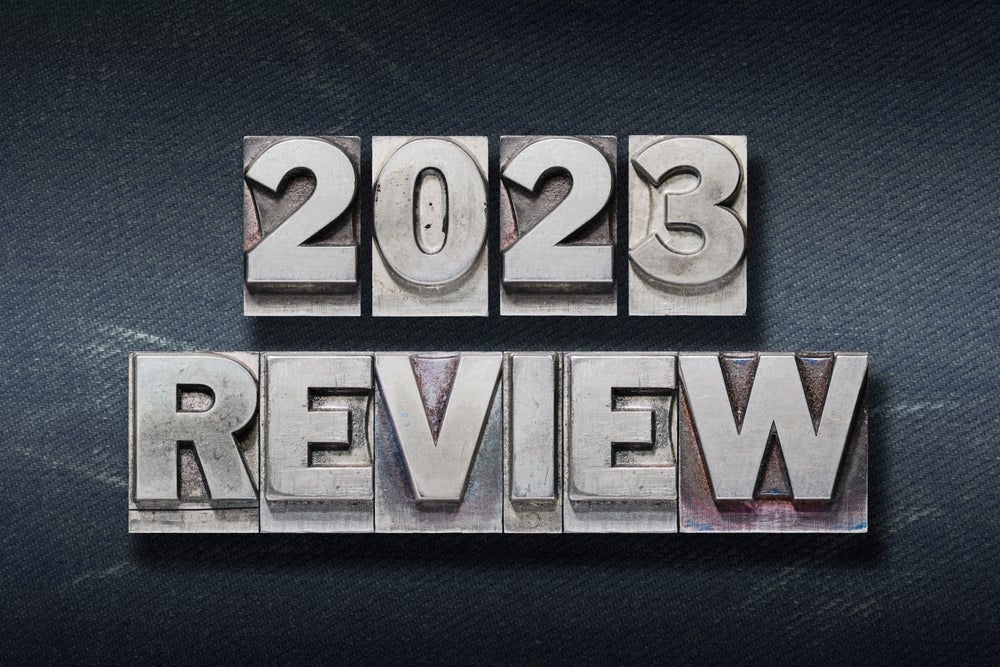Companies that understand failure
scores are more likely to be able to take advantage, says Jeremy
Hall
How is it Syscap Ltd and CF Finance Ltd have a
DNB risk score identical to ING Lease (UK) Ltd and identical to
that of eminent UK brands such as BT, BA, Tesco and Asda and even
better than Microsoft, Cartier, NatWest and Rolex?
How can a small UK broker with a net worth of
£9,903 have a risk index of 90 while the mighty powerhouse of
Investec Asset Finance PLC, with its £51m turnover, £13.3m net
profit and 84 staff, is only slightly better with a risk score of
91? More bizarre still is a broker I know well, which is not really
trading anymore and has one member of staff, which has maintained
its score of 96 on a net worth of £155,000.
These questions raise a few more questions:
what is a risk score, how is it calculated and, most importantly,
is it of any use?
The likes of DNB, Experian, Equifax and other
“authors” of company credit information all offer a “risk” or
“failure” score. The DNB failure score or risk index is the
probability that an organisation will fail in the next 12 months
with outstanding creditors, while its delinquency score is the
probability it will pay its suppliers very slowly or not at
all.
All of these authors have different ways of
calculating their score. In general terms, they look at the
following key areas:
How well do you really know your competitors?
Access the most comprehensive Company Profiles on the market, powered by GlobalData. Save hours of research. Gain competitive edge.

Thank you!
Your download email will arrive shortly
Not ready to buy yet? Download a free sample
We are confident about the unique quality of our Company Profiles. However, we want you to make the most beneficial decision for your business, so we offer a free sample that you can download by submitting the below form
By GlobalData• Demographics: Business age, location, line of
business and corporate linkage.
• Principals: The principal’s experience and
performance of associated businesses.
• Financial: Ratios and trends taken from
annual and interim accounts.
• Trade experiences: Businesses provide their
experiences of the payment habits of businesses they are trading
with.
• Economic index: The risk to different
industries when the economy changes.
• Public detrimental information: CCJs,
mortgages/charges and the legal pre-failure events (administration,
receivership, bankruptcy, etc).
So, if we have a situation where a one-man UK
leasing broker has a credit rating identical to Investec and
significantly better than De Lage Landen, are they actually
useful?
Whether we like it or not, finance directors
and credit analysts do use this information to make lending
decisions. A poor credit score equals no credit or small credit
facilities.
The reality is that many companies will not
even know what a credit score is or how it is calculated. Clearly,
you do not have to be a big company to have a great risk score –
you just need to understand how it is calculated and make sure you
tick the right boxes.
Jeremy Hall is chief executive of
WestWon, a supplier of equipment asset financing and
leasing







